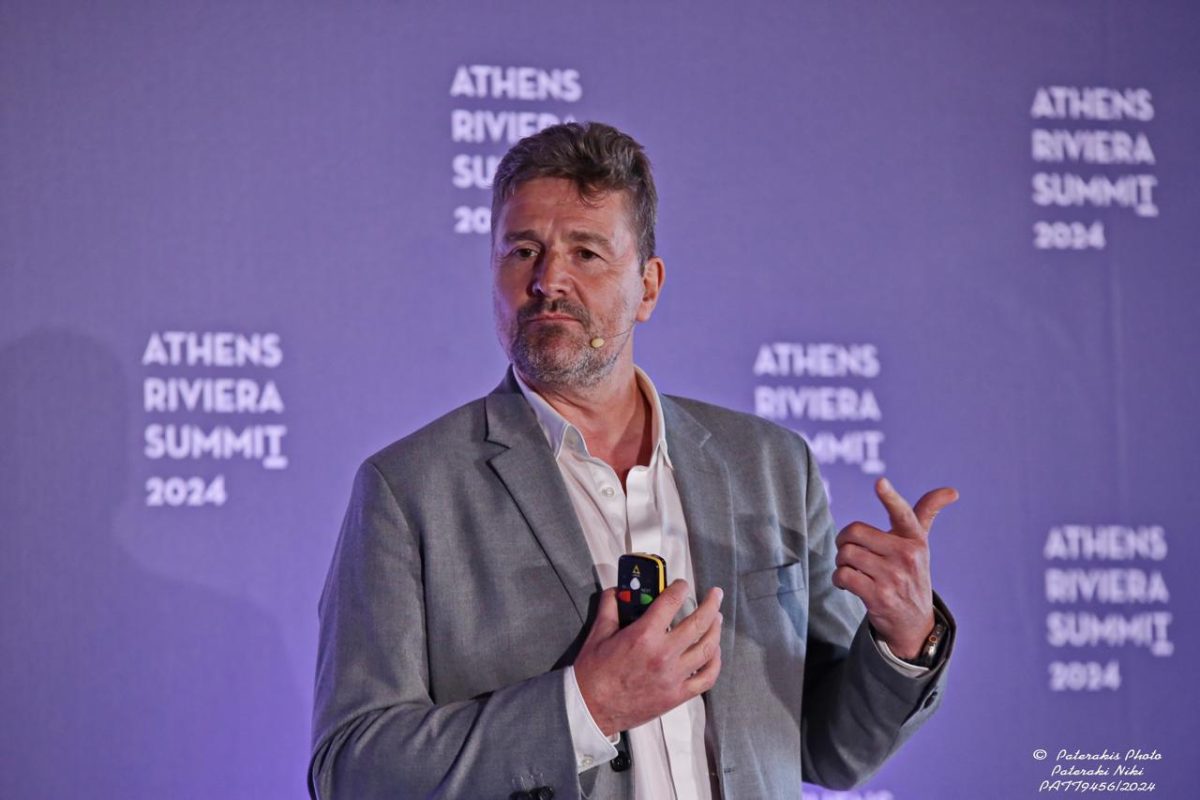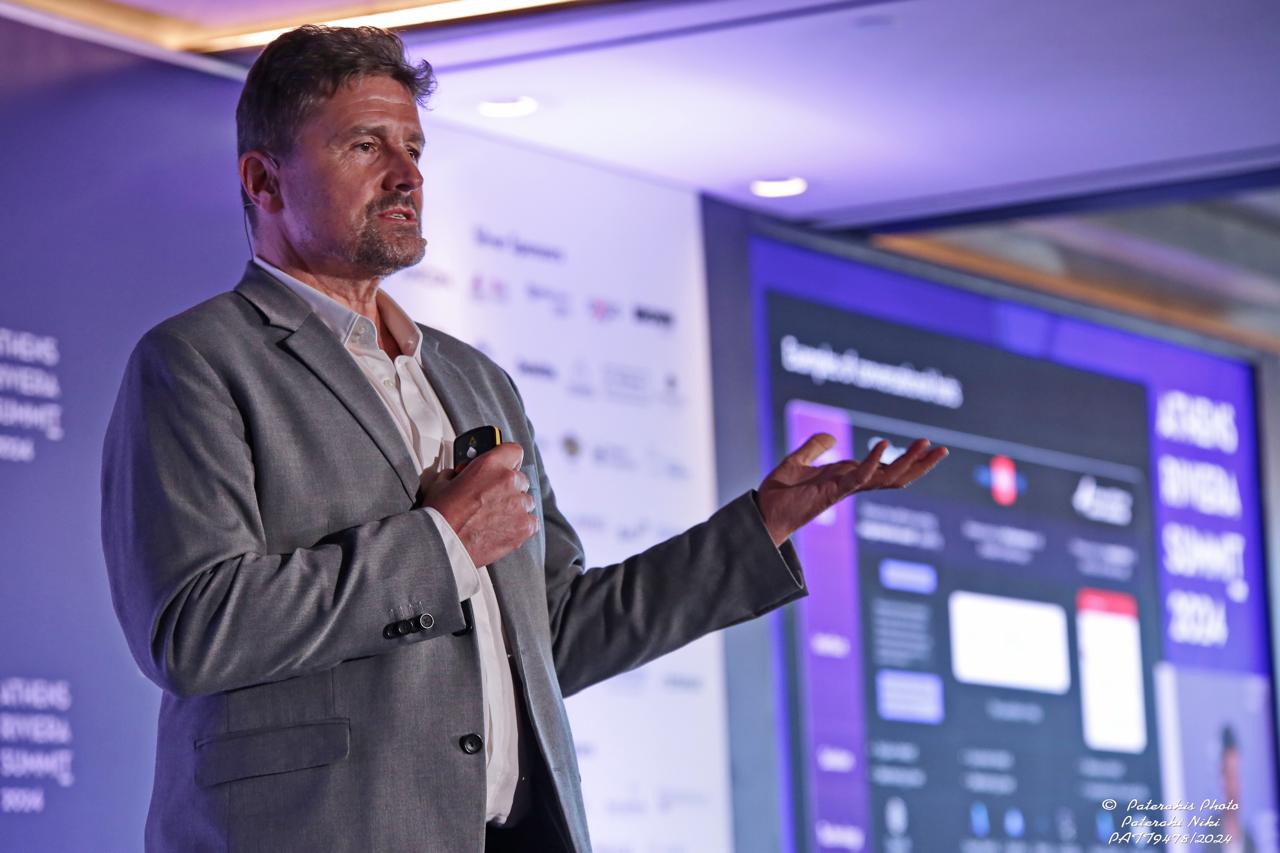The Future of AI: Transformative Insights from Microsoft’s Uli Homann at the Athens Riviera Summit

- 19/06/2024
- Author: Maria Daifoti
During the inaugural Athens Riviera Summit held at the prestigious Astir Palace in Vouliagmeni, Uli Homann, Corporate Vice President at Microsoft, delivered a compelling presentation on the future of artificial intelligence (AI) and its far-reaching implications for industries worldwide. Homann’s address delved into the profound changes that AI is poised to bring, challenging conventional practices and reshaping the very fabric of industry landscapes.
A central theme of Homann’s presentation was the concept of Chat GDP, which was unveiled 18 months ago and has since attracted substantial investments in the AI sector. This trend underscores the growing interest in AI technologies and their potential to drive innovation and disruption across various industries, heralding a new era of technological advancement.
Microsoft’s unwavering commitment to AI innovation was a key focus of Homann’s discourse, with the company making significant investments in the European region. Notable allocations include 4 billion euros for the French cloud, 3.5 billion euros for projects in Germany, and the construction of 500 data centers, including one in Greece. These investments underscore Microsoft’s dedication to advancing AI technologies and fostering digital transformation on a global scale.
Homann underscored Microsoft’s strategic emphasis on individual productivity and the personalization of user experiences through AI technologies. He elaborated on the evolving nature of AI, which is becoming increasingly human-centric, adapting to individual styles, preferences, and unique needs to enhance user interactions and deliver tailored experiences.
Moreover, Homann explored the transformative impact of AI on the travel and tourism industry, highlighting its potential to streamline processes, reduce costs, and elevate customer experiences through cutting-edge technologies. He emphasized how AI can enhance personalization, replicating individual styles and tastes to provide customized services that cater to specific needs and preferences.
Looking towards the future, Homann discussed the paradigm shift in user interfaces driven by AI, envisioning a landscape where language, images, and videos will facilitate more intuitive reasoning and interactions. He predicted a shift towards oral communication replacing traditional user interfaces, heralding a new era of seamless human-machine interactions that redefine the way we engage with technology.
In conclusion, Homann stressed the critical importance of ethical AI development and the need for robust regulations to ensure responsible and ethical use of AI technologies. He shared a compelling vision for the next generation of AI, which aims to provide personalized assistance throughout individuals’ lives, from infancy to end-of-life care. Homann’s insights shed light on the vast transformative potential of AI and its profound impact on industries, user experiences, and ethical considerations in the dynamic landscape of artificial intelligence.